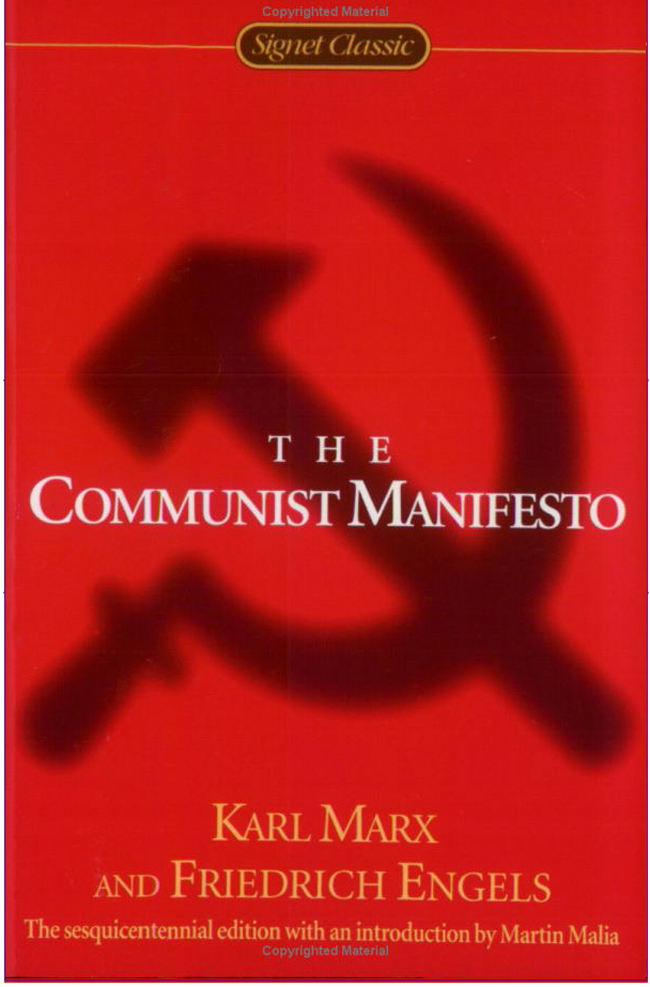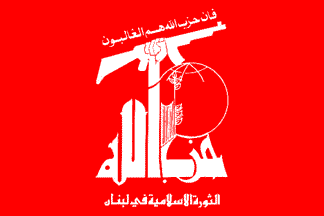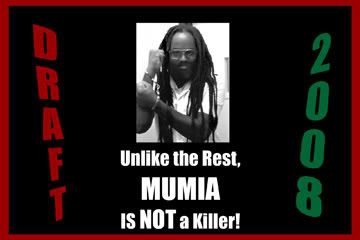Monthly Review: John Bellamy Foster's "Warning to Africa"

Check out John Bellamy Foster'slatest piece in Monthly Review on the role of Africa as it relates to Imperial Grand Strategy. The article, which goes far beyond the naive calls by Cruise Missile Leftists for a military presence in Sudan under the guise of 'humanitarian intervention', addresses many of the more complex reasons that explain such calls. The piece begins:
Imperialism is constant for capitalism. But it passes through various phases as the system evolves. At present the world is experiencing a new age of imperialism marked by a U.S. grand strategy of global domination. One indication of how things have changed is that the U.S. military is now truly global in its operations with permanent bases on every continent, including Africa, where a new scramble for control is taking place focused on oil.It moves on to discuss the latest Imperialist power grab in Africa.
If there is a New Great Game afoot in Asia there is also a “New Scramble for Africa” on the part of the great powers. The National Security Strategy of the United States of 2002 declared that “combating global terror” and ensuring U.S. energy security required that the United States increase its commitments to Africa and called upon “coalitions of the willing” to generate regional security arrangements on that continent. Soon after the U.S. European Command, based in Stuttgart, Germany—in charge of U.S. military operations in Sub-Saharan Africa—increased its activities in West Africa, centering on those states with substantial oil production and/or reserves in or around the Gulf of Guinea (stretching roughly from the Ivory Coast to Angola). The U.S. military’s European Command now devotes 70 percent of its time to African affairs, up from almost nothing as recently as 2003.In light of what's taking place every day in Iraq and Palestine, the Imperialist effort to exploit Africa often falls below the radar of many radicals and revolutionaries. This article does an excellent job of contextualizing the struggle before the masses of African people and should serve as a primer for understanding its stakes.







<< Home